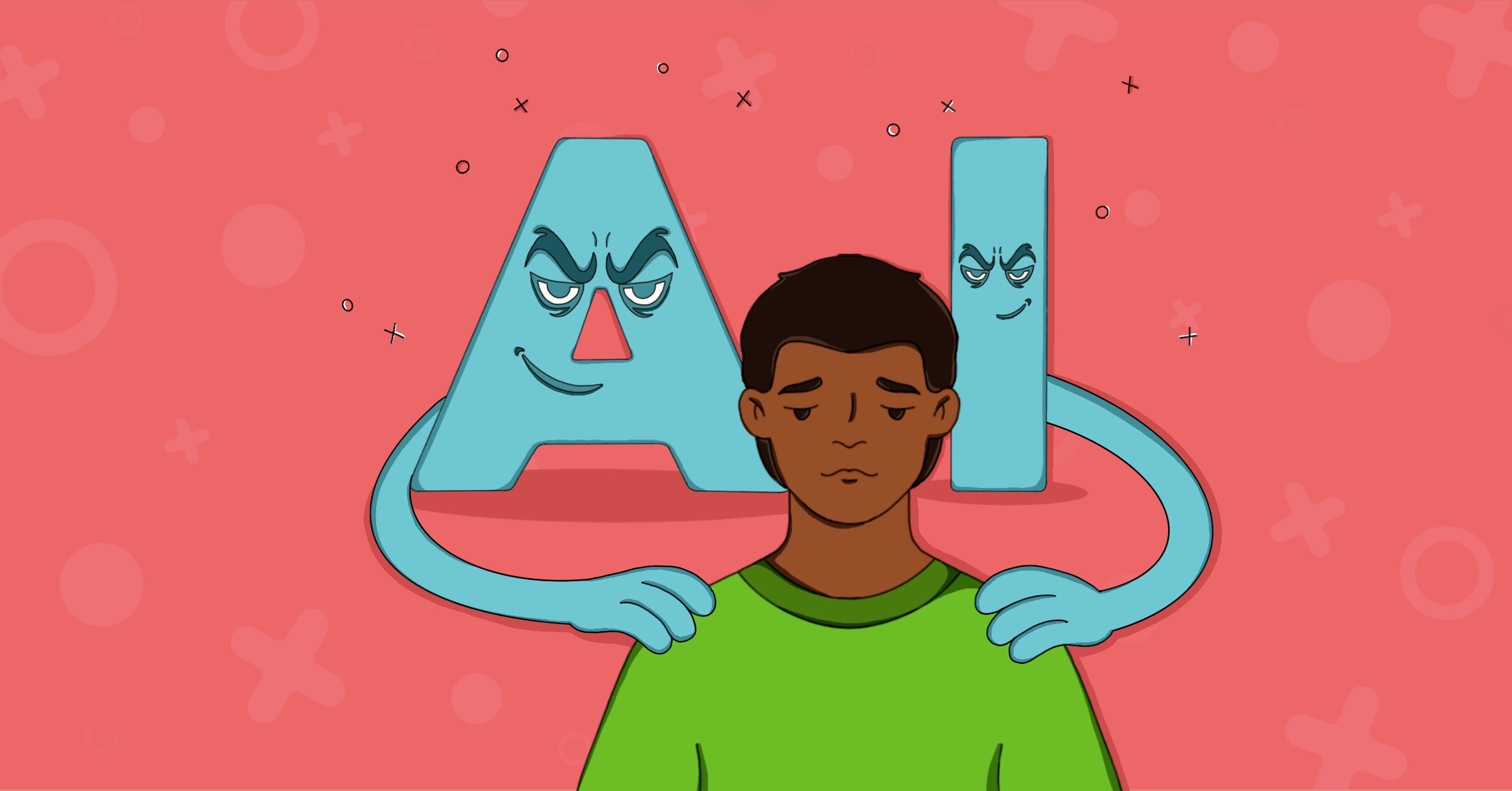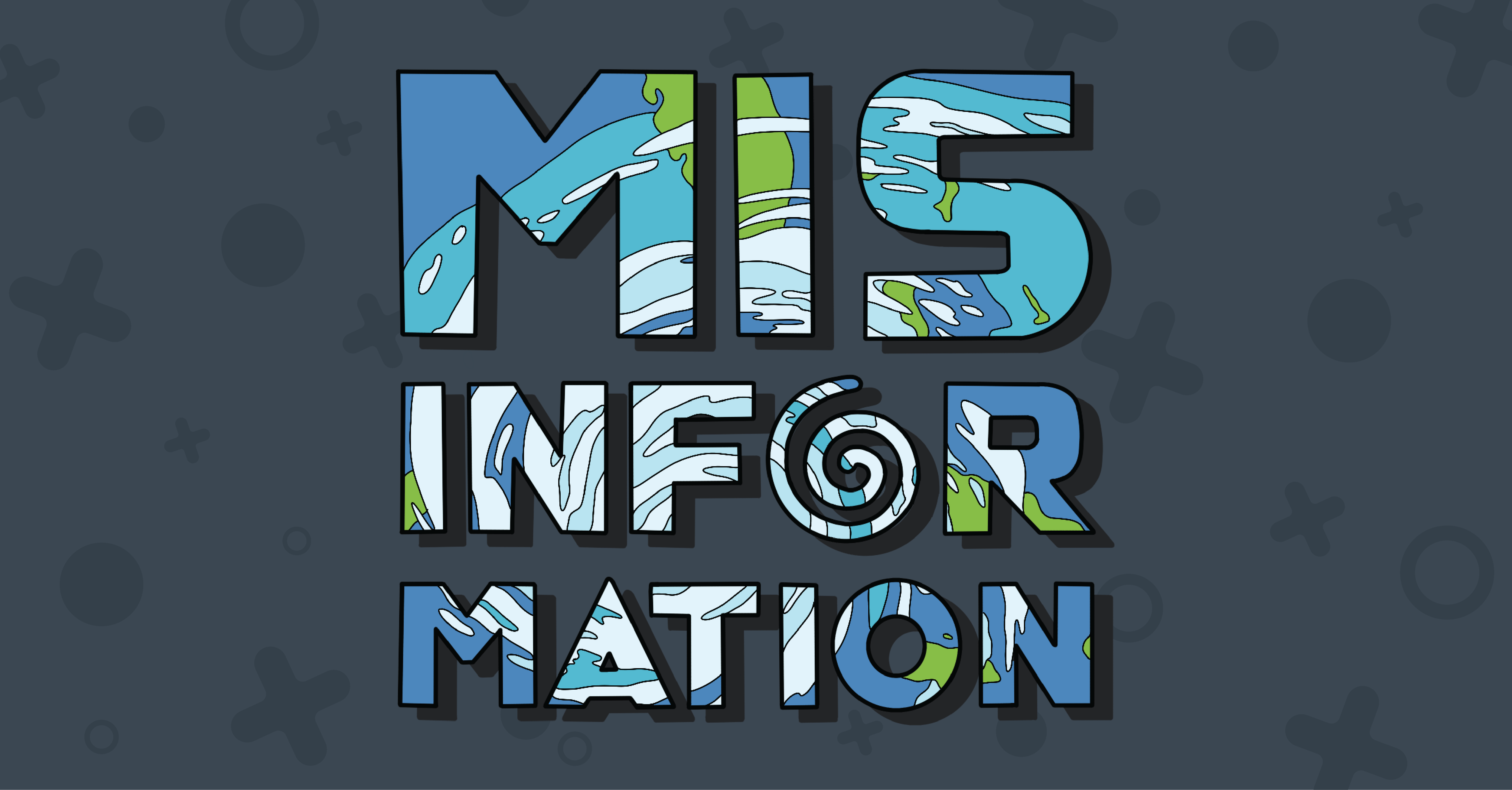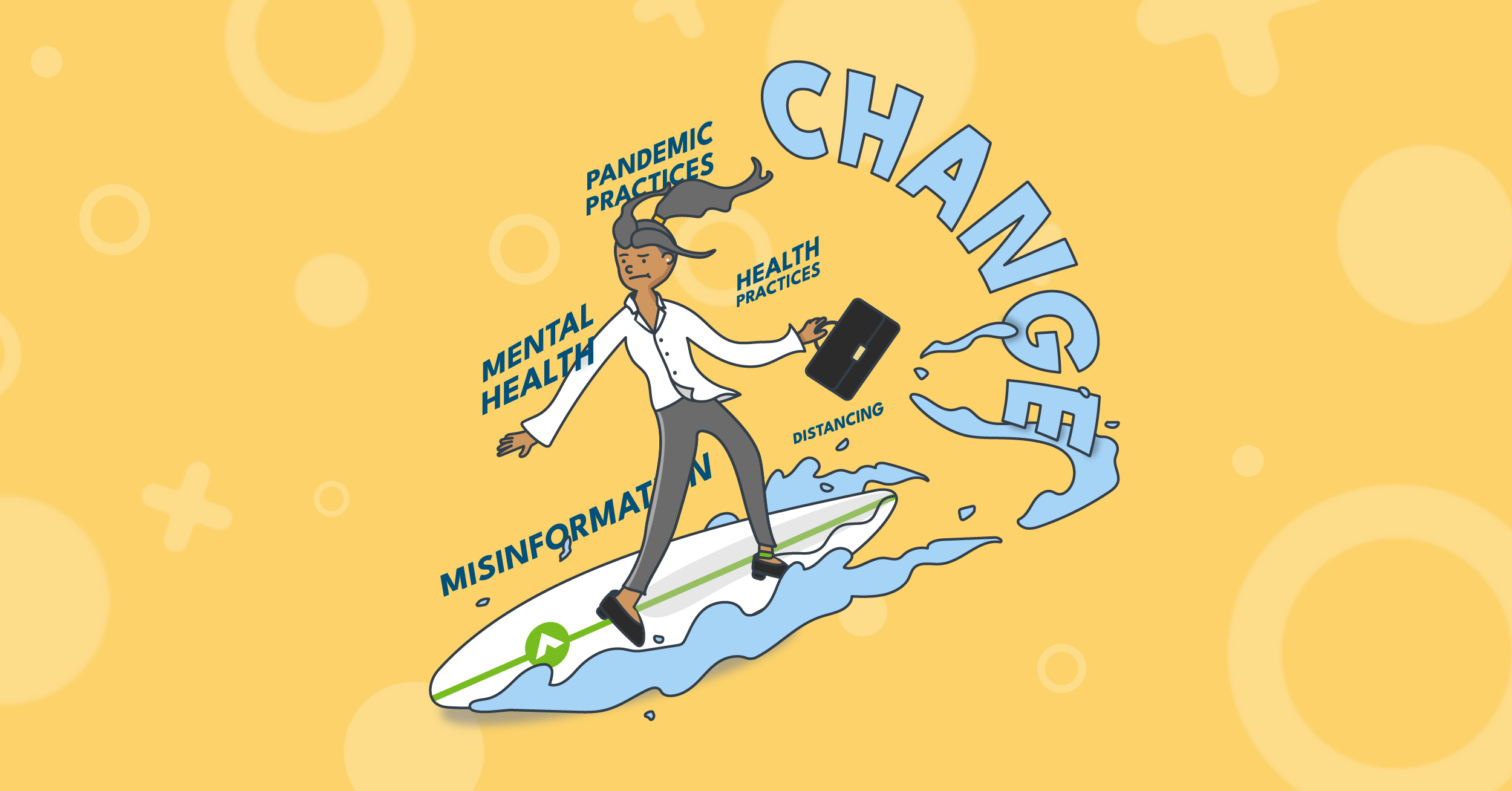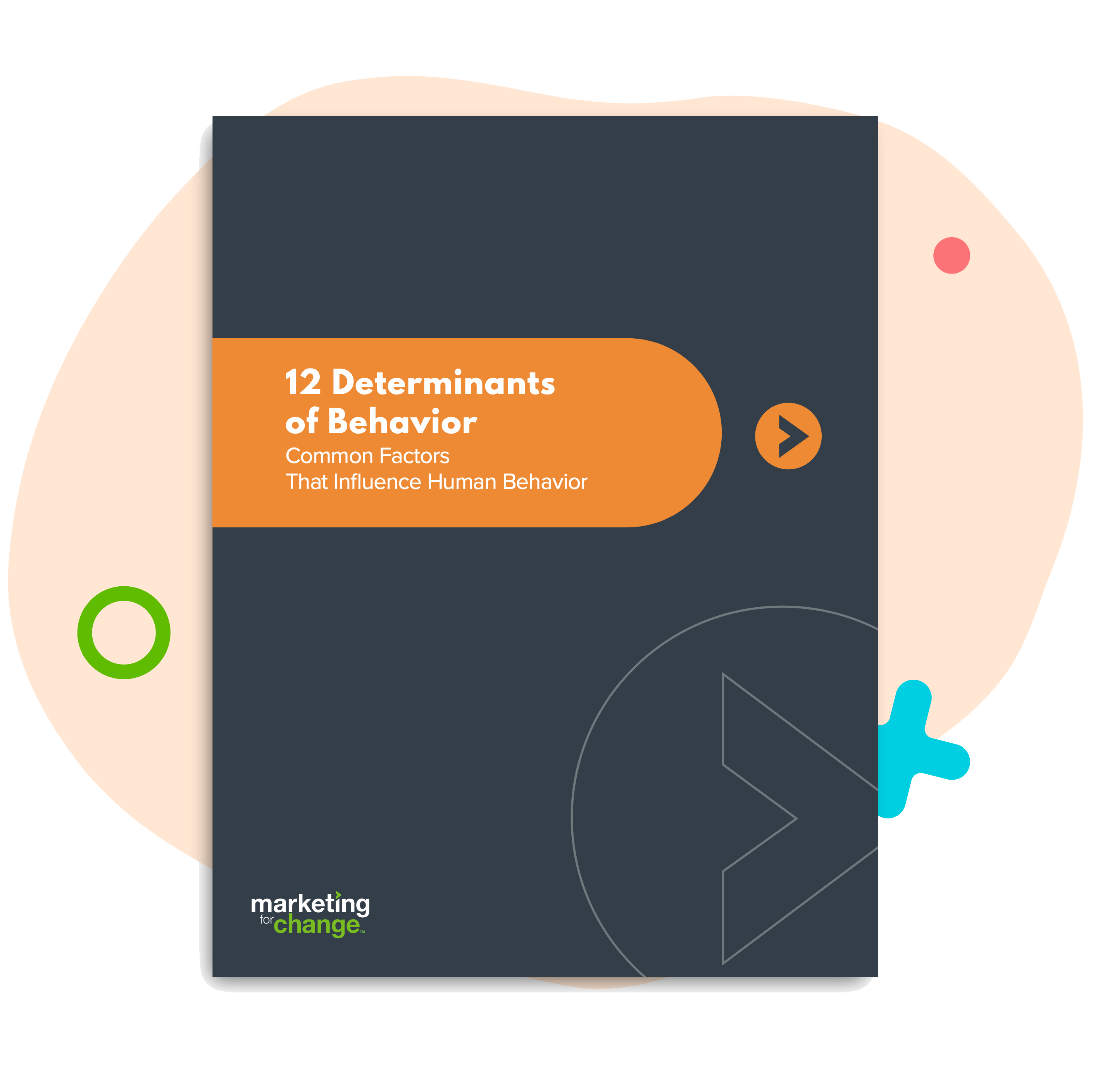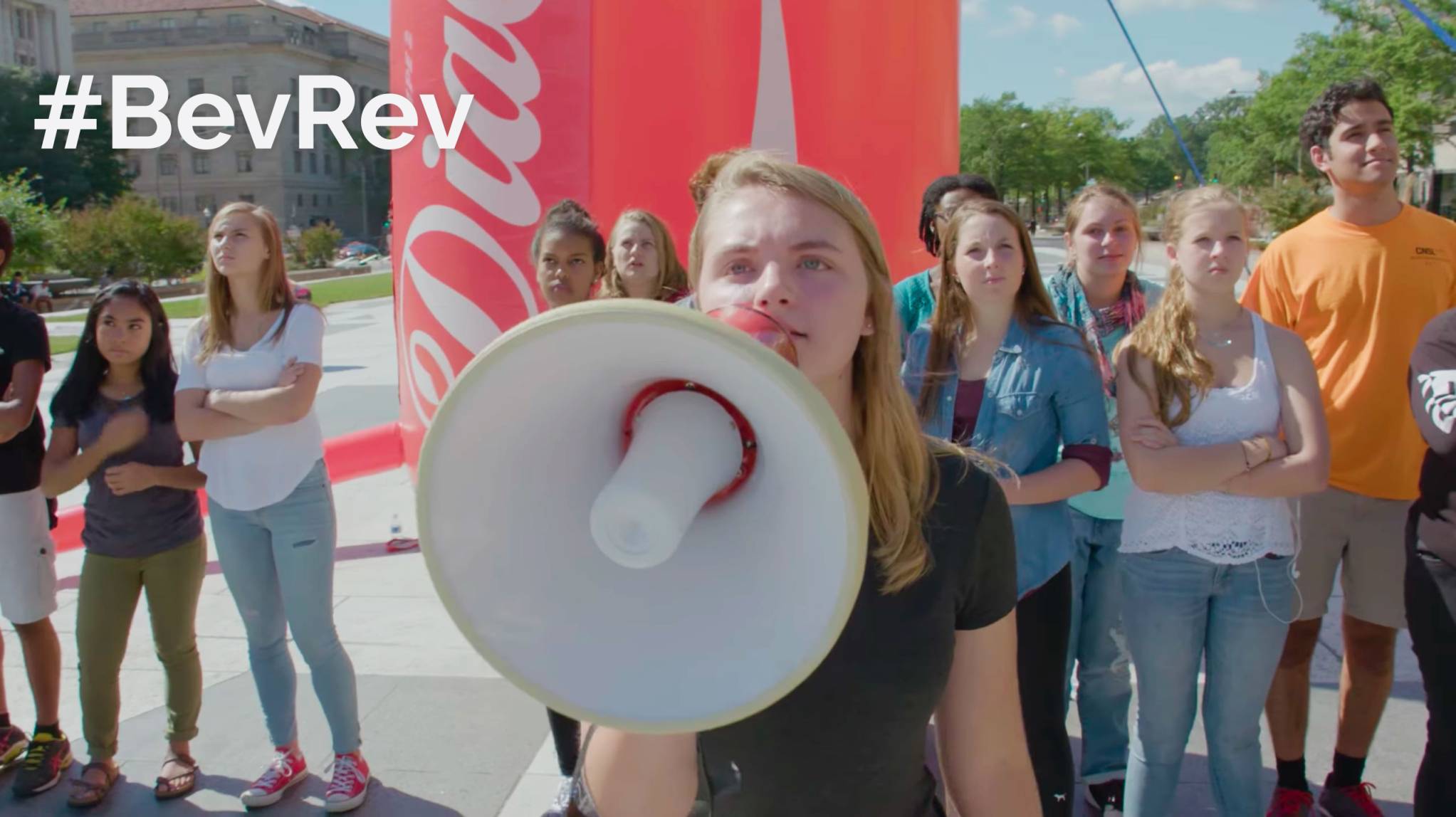
Game On, Gatorade: #BevRev is Tackling Sugary Drinks
When the NBA announced last month that it was rebranding its Development League as the NBA Gatorade League, you could practically hear the groans of public health professionals across the nation.
Sugar-sweetened beverages are a main culprit in the nation’s diabetes epidemic, and from a public health point of view, sports drinks are a big fake. They are marketed to parents and teens as a “performance enhancing drink” (just check out the Gatorade League announcement video), and teens have absorbed the message. In a 2012 research review by the Robert Wood Johnson Foundation, teens cited “increasing their energy, and boosting their sports performance” as reasons why they consumed sports drinks.
Designed for elite athletes on a 4,000-calorie-a-day-diet, Gatorade and other sugar-sweetened beverages are harming the health of regular teenagers by loading them up with extra sugar (there’s more sugar in a 20-ounce Gatorade than in a Snickers bar). Meanwhile, sports drinks’ biggest fans — the teens who drink two or more a day — are more likely to be physically inactive, the RWJ research review found.
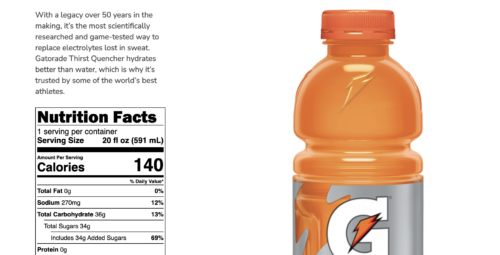
That’s one reason we’re proud #BevRev is playing offense. As part of the HoCo Unsweetened campaign we developed for the Horizon Foundation in Howard County, Maryland, teens are taking action — on camera — and spreading the word.
In this #BevRev video, for example, a team of teens inflates a giant “soda can” labeled Diabetes to call out the hypocrisy of the American Beverage Association for spending twice as much on marketing sugary beverages as their healthier alternatives. And in this breakup video two HoCo teens tell Gatorade “we’re over.”
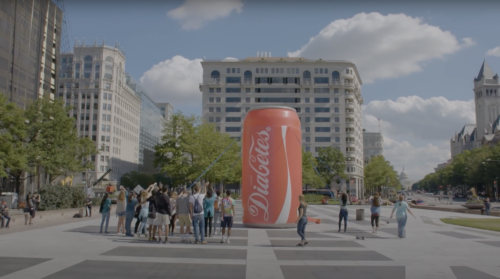
Meanwhile, influential adults in Howard County, including this soccer coach, are (more quietly) raising their voices as well. Our Real People campaign helps highlight that helping kids choose healthier drink alternatives is part of adults’ caretaking role.
For decades, public health researchers have been raising the alarm about the link between sugar-sweetened beverages and childhood obesity, and the link between obesity and skyrocketing rates of diabetes, heart disease, and other chronic illnesses. But the received wisdom was you couldn’t take on Big Soda.
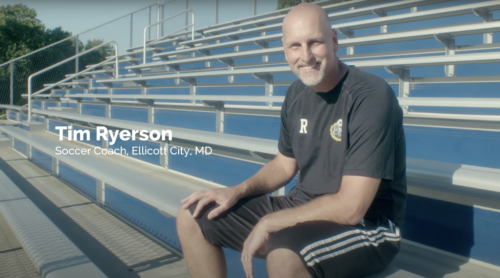
Fear of lawsuits kept foundations, nonprofits and government agencies from directly tackling sugary drinks in health campaigns. And the fear was not unfounded. A few years back, one of our government clients got his first and only call ever from the governor’s office. It was to check on a report “from the beverage association” that a federally funded program he managed was “getting rid of vending machines.” And then there’s the really creepy news out of Mexico a few weeks ago, where public health leaders advocating for a soda tax learned classified spyware had been used to send menacing text messages and turn their cell phones into secret recording devices.
Horizon, however, has been unafraid to take on what they know is a real public health threat. Through a multi-pronged effort that has included policy approaches as well as street team interventions, targeted digital campaigns, and local television spots, word has spread that Howard County is a community where sugary drinks are getting benched.
Preliminary data from the Rudd Center on Food Policy & Obesity shows that retail sales of sugary sodas have dropped nearly 20% in Howard County.
That’s a slam dunk for health. Game on!
Update: Check out this JAMA Internal Medicine article published on March 6, 2017, confirming a 19.7% drop in retail sales of sugary sodas in Howard County.

Sara Isaac is the agency’s chief strategist.

